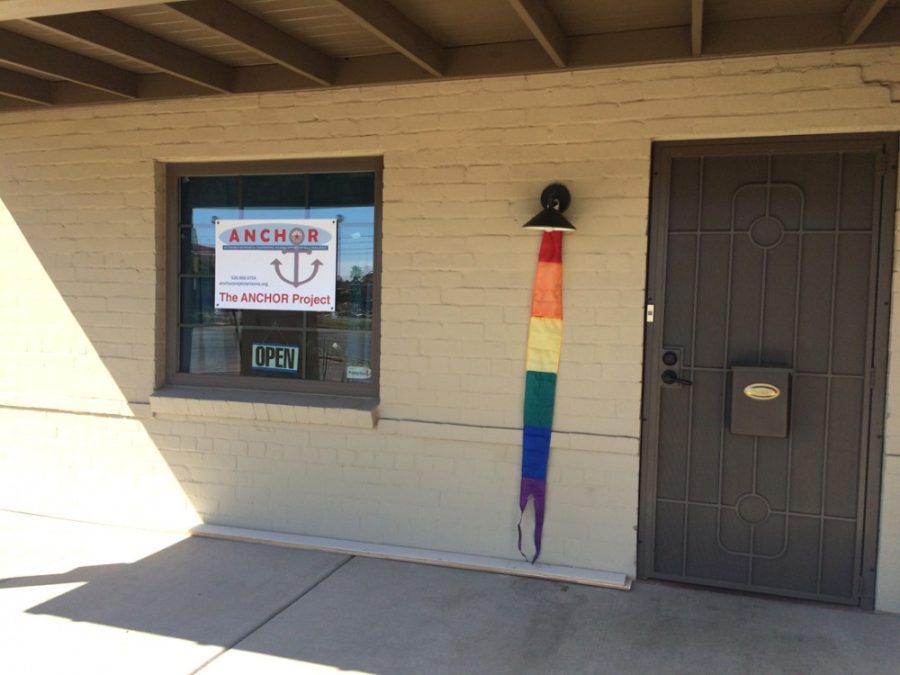The UA’s new ANCHOR Project conducted its first workshop this month to help at-risk LGBTQ adults in Tucson.
Last March, the Southwest Institute for Research on Women partnered with the Substance Abuse and Mental Health Services Administration to create the new Accessible Network for Coordinated Housing, Opportunities and Resilience Project. The ANCHOR Project is contracted to operate for the following three years with funding from a $400,000 grant by SAMHSA.
The ANCHOR Project is dedicated to provide aid to at-risk lesbian, gay, bisexual, transgender and questioning and straight ally young adults ages 18-26. While this program has long been under construction, it finally began with its first workshop earlier this month.
“When you look at any marginalized group, a group that has been disempowered and oppressed, they have limited access to resources and support,” said Ian Ellasante, director of the ANCHOR Project. “When we look at the statistics of young adults on the streets and homeless, we find that 20-40 percent identify as LGBTQ individuals. Through the ANCHOR Project, that’s a problem we want to fix.”
The UA community-based program covers Tucson as a whole.
While this program stems from the UA, the ANCHOR Project coordinates with both CODAC Behavioral Health Services and the Southern Arizona AIDS Foundation.
All working toward a common goal, the solidarity between the organizations provides a broad point of view, Ellasante said.
Though the program is still in its infancy, the ANCHOR Project has a goal to work alongside 180 at-risk LGBTQ and straight ally individuals to help them become self-sufficient. While in the ANCHOR Project, participants are able to gain assistance in housing, education and trauma therapy.
“By empowering LGBTQ individuals to be successful and to cope with the adverse experiences they have had, that can have a mass effect on the community,” said Courtney Waters, co-director of the ANCHOR Project. “We want people to succeed; I think that by harnessing this collaboration, these individuals will be able to go out, find jobs and live a healthy life.”
_______________
Follow Lauren Renteria on Twitter.









